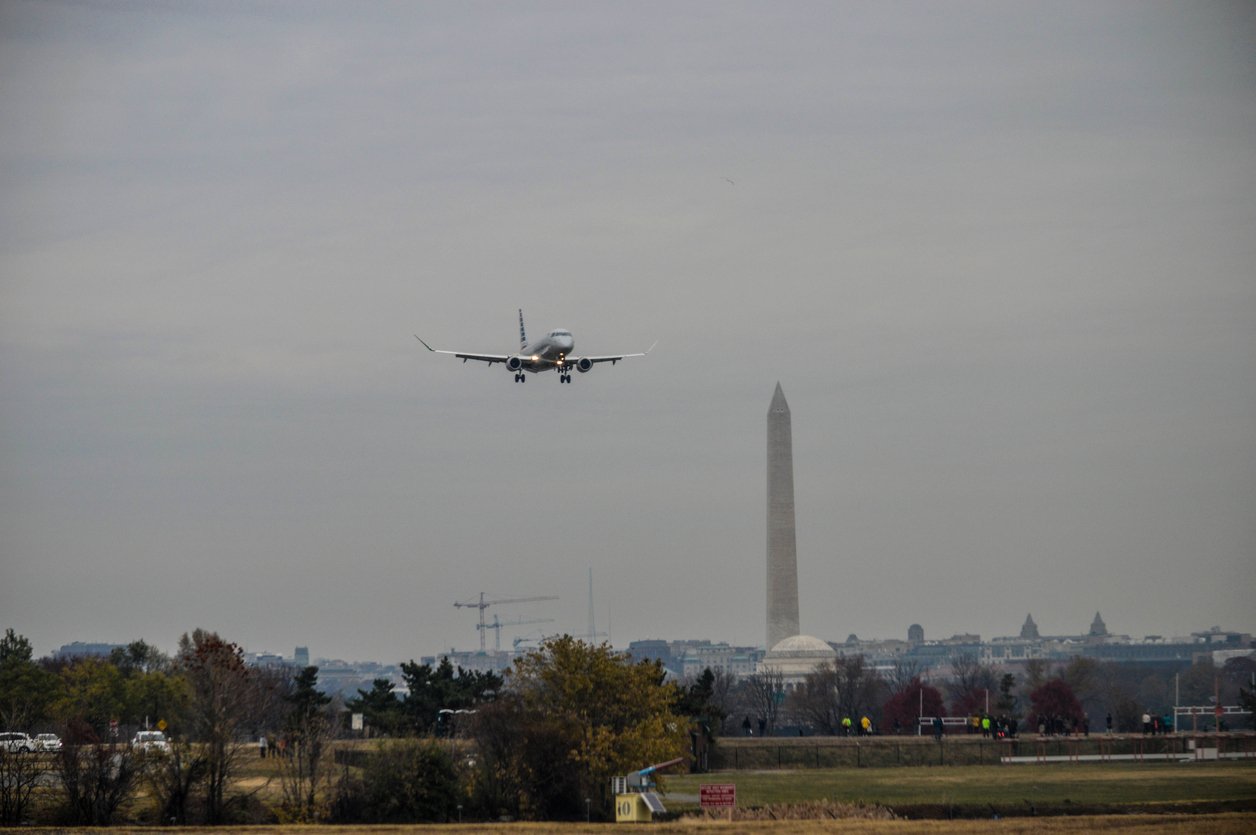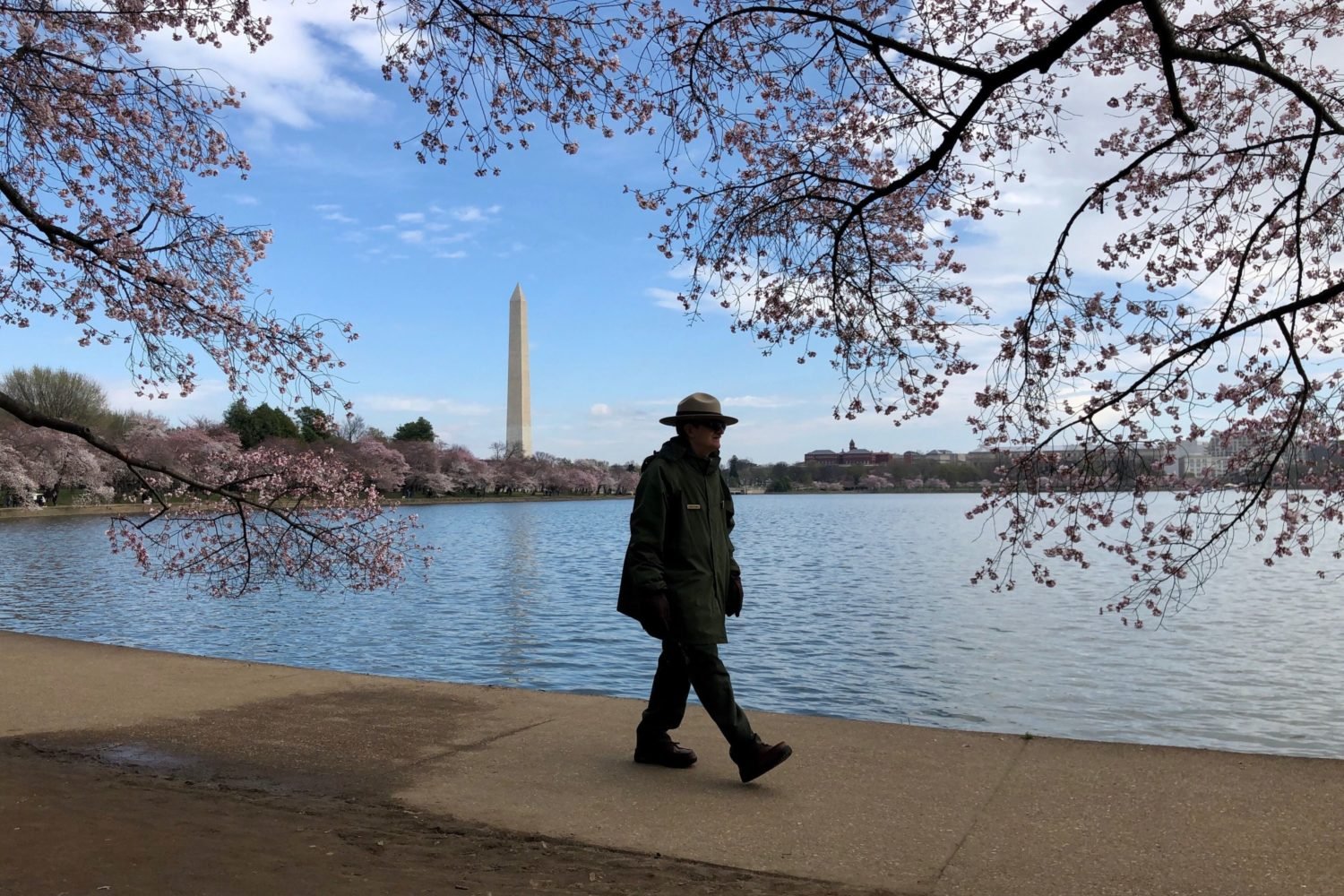About Coronavirus 2020
Washingtonian is keeping you up to date on the coronavirus around DC.
Every so often during lockdown, I find myself perusing real estate listings for properties with lots of space that are listed for far less than we paid for the 1,100-square-foot Alexandria townhouse that I’m crammed into with three people and a dog. There’s this place with splendid mountain views on ten acres, for instance, where I imagine driving a Gator around to inspect my property instead of being able to see everything I own in less than two minutes.
Jack Dorsey announced Tuesday that going forward, Twitter’s employees can work from wherever they like. Housing costs around Twitter HQ are astronomical, which means that any employee who moves to a cheaper region would effectively get a raise that costs Twitter nothing. And just like in Bay Area, there are lots of excellent reasons to live in the DC area, but the high cost of being here is not one of them.
Yesterday I used Dorsey’s product to ask whether people would stay here if they didn’t have to. One person said he and his family had moved to Austin and loved it, but many of the responses were along the lines of, Yes, I’d stay, but I’d want to have somewhere else to go to, like a place in the mountains, perhaps. People tend to underestimate the costs of owning a second home, but the costs of commuting and eating lunch out—not to mention rent on a storage space for all that crap you can’t fit into your small house here—can stack up as well. And anyway, fantasies are free.
But even if you could leave, would you? The longtime dream on the right about moving the federal government out of Washington often melts on contact with reality. For one thing, about 85 percent of government employees already live outside of the DC area, and the federal workers here are often reluctant to leave, as the US Department of Agriculture found when it moved two divisions to Kansas City: Offered a choice between hideously overpriced Washington and gloriously affordable Kansas City, fewer than a third of the workers the USDA expected to opt for KC did so.
A similar fancy afflicts the left–that if enough blue-staters moved to less populous red states, they could move their politics leftward and reshape US politics. That presumes that people who leave a liberal enclave for a red state would bring their old neighbors’ politics with them, which research has not yet shown to be a lock.
All of which points to a stubborn reason people might not move even if they could keep a nice Washington salary in a cheaper area: Beyond ties their other family members may have, this can be a darn nice place to live. That’s why even people like Paul Ryan, who spent most of his career pretending to hate DC, moved back to the region not long after he retired from Congress. The Obamas were supposed to stay here only till Sasha Obama finished high school; they’re still in Kalorama. Famous Washington-despiser Trent Lott? Turns out he loves it here, too.
Of course, this is a pretty sweet position to be in. Lots of people have no choice about where they can live or whether they can work remotely. I’m fortunate to still have a job and to be able to work from home, but in an ideal world I could report in person again. That said, I’d stay in the Washington area even if my bosses said I never had to return to the office. (And just in case they’re reading, a working paper from researchers at Harvard identified a host of potential advantages to letting employees work from anywhere, including increased productivity.)
But now, midway through Week 9 of lockdown, with think pieces about the supposed death of the office bouncing around, I’m curious whether you would stick around DC if you didn’t have to, and why. Please email or tweet at me and let me know. Or, you know, just advise me on whether I should go for the gas-powered Gator for my fantasy estate, or splash out on the electric model instead.


















